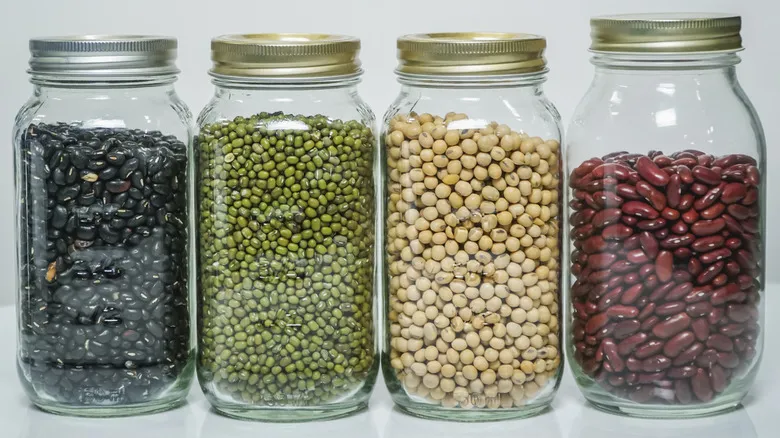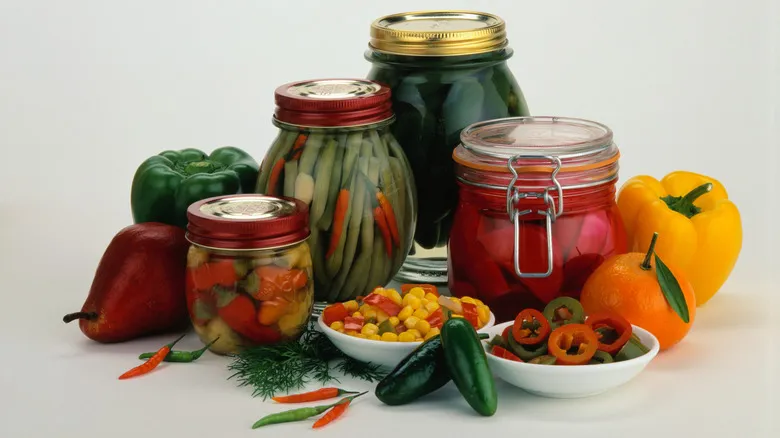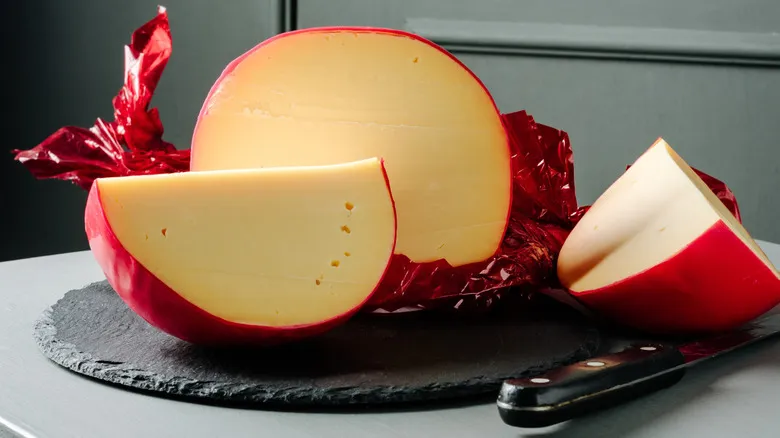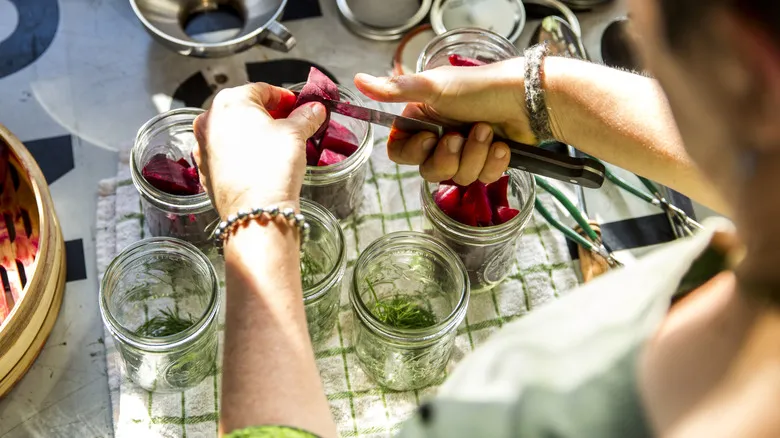Don't think about dry canning dry foods either

While dry canning vegetables is extremely unsafe, some may think this technique could be more suitable for dry foods like beans, nuts, and flour. Unfortunately, dry canning these items also carries significant risks. For instance, this method typically involves heating jars in an oven at approximately 200 degrees Fahrenheit. However, there is no proof that this temperature is sufficient to effectively sterilize the contents. Additionally, since there is no liquid in the jars, oxygen remains, and condensation can develop over time. Every type of food, even those considered dry, contains some moisture, and it doesn’t take much to promote the growth of harmful bacteria when proper sterilization isn’t achieved.
Furthermore, heating dry goods in an attempt to dry can them may compromise their overall quality. This is especially true for items like nuts, which contain fats that can become rancid when exposed to heat. The ideal storage for nuts is in the refrigerator, alongside your flour (which can also be frozen to maintain freshness). Similarly, dried beans can be stored effectively in an airtight container or in the freezer. Ultimately, dry canning is completely unnecessary for preserving dry goods, and it only increases the risk of foodborne illness.
Recommended

How Gordon Ramsay Uses Leftover Vanilla Pods To Enhance Sweet Treats

The Kitchen Hack That'll Keep Ice Cream Cold When You're Traveling

The Freshness Of Your Ingredients Matters For Pickling

The Real Reason Some Cheese Is Wrapped In Wax
Next up

